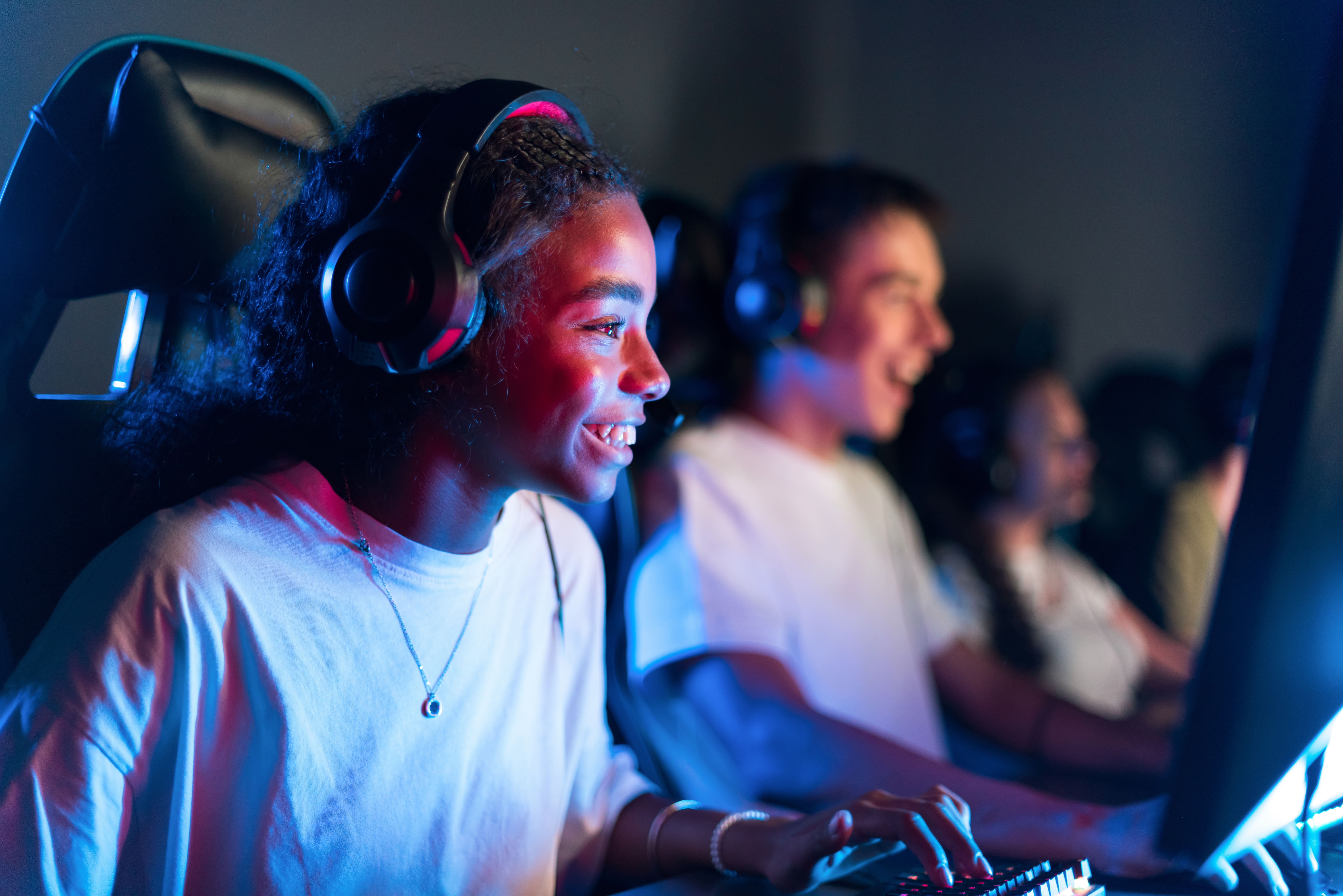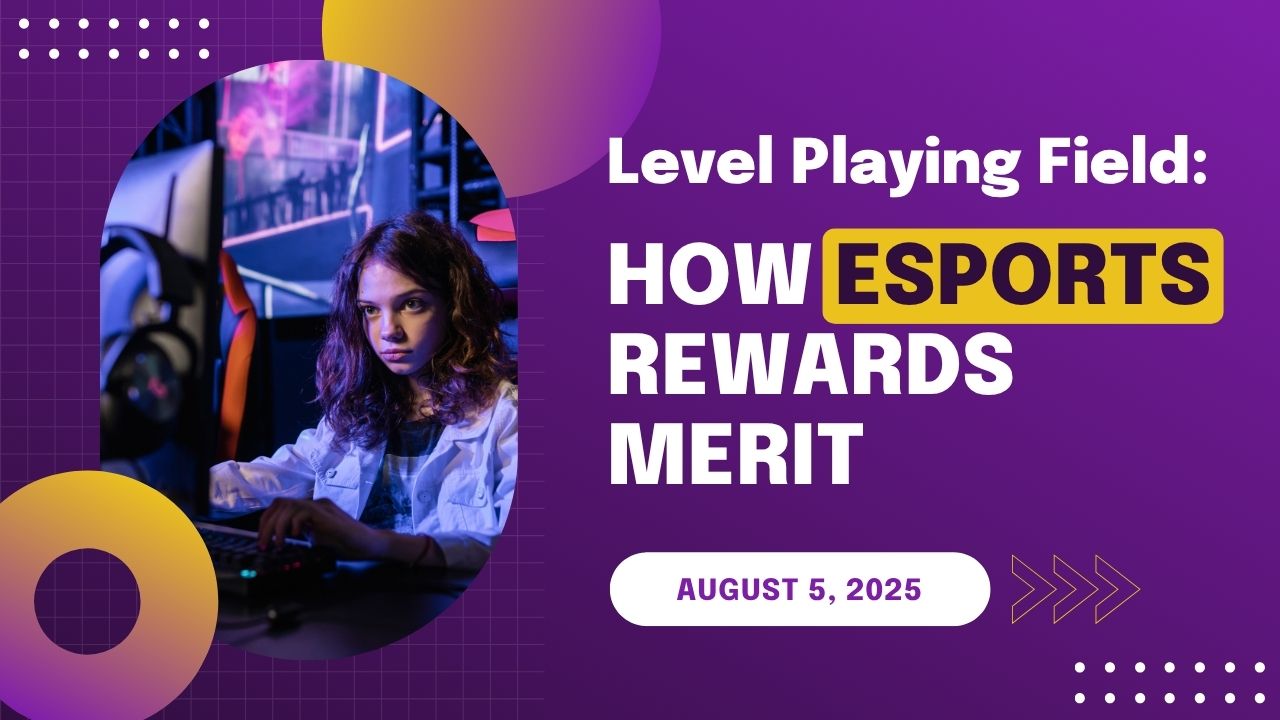I once heard a wise grandmother say, “Opinions are like noses; everyone has one and most of them smell.”
Years later as I reflect on this quote I realize she was right. Everyone has something to say and rarely does a person’s actual knowledge about a subject stand in the way of them rendering an opinion. It might even be argued that we now live in a world where ignorance isn’t just bliss; it’s a trait people flaunt that provides evidence of their qualification to weigh in on things they have no idea about, kind of a “What dem experts know anyway?” point of view.
However, there are some people who have opinions that merit paying attention to. One person who gave his thoughts recently on the future of work was Ryan Roslansky, the CEO of Linked In. With all the changes technology’s rapid advancements are bringing to the workforce, he has a seat at the table that, at least in my opinion, is worthy of an ear.

When it comes to the future of work, Ryan predicted the applicants most likely to land a job and succeed in their roles will be “the people who are adaptable, forward thinking, ready to learn, and ready to embrace these [new] tools…It really kind of opens up the playing field in a way that I think we’ve never seen before.”
Immediately, I thought esports in K12. Why? Because students who game eat, sleep and breathe these four tenets.
Gamers are Adaptable
Gamers live in worlds that change at high speeds; these are dynamic digital ecosystems where evolution is constant and unpredictability is the norm. One patch, one update, one newly discovered meta, and suddenly everything they once relied on has shifted. Weapons get rebalanced, maps transform, and strategies that worked yesterday become obsolete overnight. Yet gamers don’t panic or resist; they adapt instinctively. They study what’s new, test different approaches, reconfigure their controls, and keep experimenting until they find a path to victory.
In the realm of esports, adaptability isn’t just a helpful skill, it’s an essential one. It’s what separates the casual players from the champions. This same truth holds in the real world. Tomorrow’s workforce will belong to those who can pivot with agility when technology advances, when industries are disrupted, or when expectations evolve faster than traditional systems can keep up. Adaptability is the new currency of success, and gamers have been training for it their entire lives.
Gamers are Forward Thinking
Every great player looks ahead… not just to the next move, but to the next five, sometimes even ten. They analyze patterns, anticipate their opponent’s strategy, and imagine multiple possible outcomes before committing to action. This level of foresight requires patience, discipline, and the ability to think several steps ahead under pressure. Whether it’s predicting how a match will unfold, reading the intentions of a teammate or rival, or timing a critical play with perfect precision, success in gaming comes from being proactive, not reactive.
Our education systems must cultivate this same forward-thinking mindset in students. We need to help young people develop the habit of anticipating change rather than being blindsided by it. Students need to learn to forecast trends, plan for shifts in technology and industry, and innovate beyond the immediate horizon. When kids learn to think like strategists, they don’t just become better gamers; they become better problem solvers, innovators, and leaders. That’s how gaming skills evolve into career readiness, by transforming quick thinking and strategy into lifelong tools for success.

Gamers are Ready to Learn
Gamers are lifelong learners by nature. Every match, every level, every challenge teaches them something new. They study maps, watch replays, analyze data, and dissect their mistakes to improve performance. They dive into online forums, join strategy discussions, and collaborate with peers who push them to grow. This process of constant iteration mirrors the modern professional landscape, one that rewards those who stay curious, ask better questions, and continuously seek knowledge.
The humility to learn and the drive to improve are not just gaming habits; they’re essential life skills. In the future of work where technology, roles, and expectations evolve faster than job titles can keep up the ability to learn, unlearn, and relearn will outshine any single degree or credential. Gamers understand that mastery is a moving target, and their willingness to keep learning makes them naturally future-proof.
Gamers Ready to Embrace New Tools
AI, automation, and immersive technologies are reshaping every industry. But for students raised on interactive platforms, digital tools aren’t intimidating, they’re empowering! Esports offers the perfect bridge between play and purpose, a familiar environment where students can explore new technologies safely and creatively. By learning to use these tools rather than fear them, they prepare themselves to lead in an AI-driven world.

So, when Ryan Roslansky talks about the future of work belonging to those who are adaptable, forward-thinking, ready to learn, and ready to embrace new tools he’s describing a mindset that K12 esports already cultivates. Esports doesn’t just entertain; it educates. It builds the very human skills that technology cannot replace: resilience, collaboration, creativity, and strategic thinking.
In other words, every time students log in, level up, and learn, they are becoming better prepared to enter a workforce being changed by technology.





